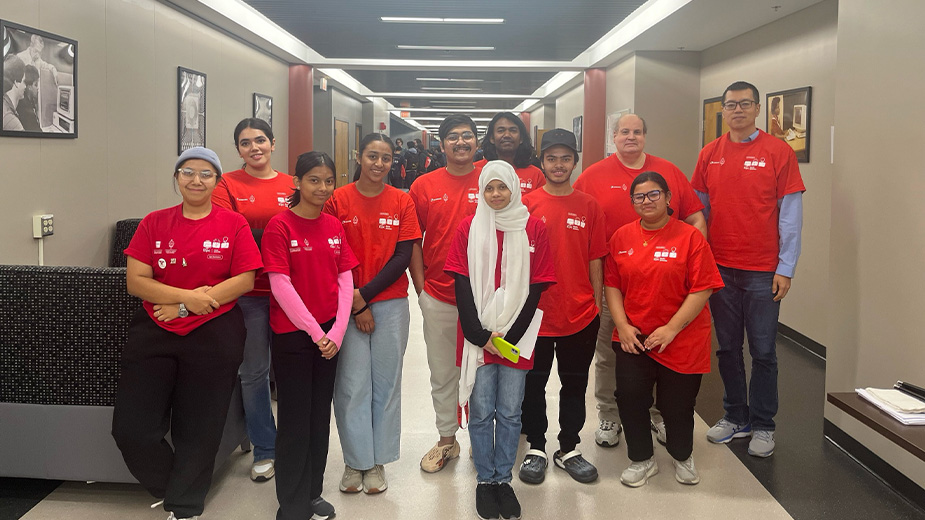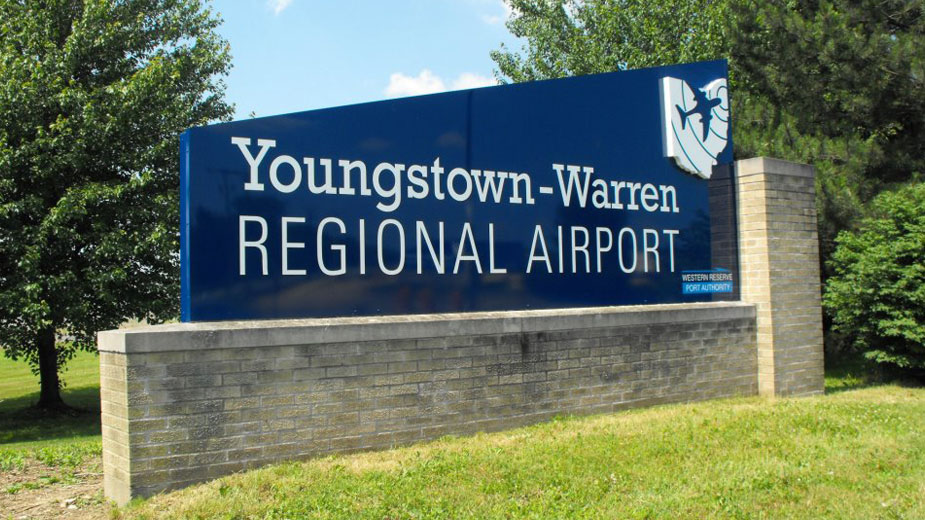Humphries Says Business Community Solidly Behind Him
YOUNGSTOWN, Ohio – Tom Humphries is unapologetic, unfazed by criticism of meeting minutes that show his Youngstown City Schools Business Cabinet met in secret with state education officials, demanded confidentiality of its members and overruled a suggestion by Jim Tressel that public focus groups be created “in hopes of avoiding drastic push-back or opposition to the plan.”
Instead, the CEO of the Youngstown Warren Regional Chamber says he has received nothing but full support from the business community that his organization represents. And he fully expects that the Youngstown Plan that will put a CEO in charge of the city schools – essentially the outcome of the Business Cabinet he created and convened, and authorized by HB 70 rushed through the Ohio Legislature – in five years will make Youngstown “the No. 1 urban center school district in the United States.”
Humphries was interviewed Wednesday following the release by the Youngstown Warren Black Caucus of minutes from two of the Youngstown City Schools Business Cabinet’s meetings, April 28 and May 21 (DOWNLOAD DOCUMENTS).
Jaladah Aslam, president of the Black Caucus, says copies of the minutes were anonymously mailed to the president of the Youngstown Board of Education, Brenda Kimble.
“Those who are directly responsible for this egregious legislation and the process used in getting the amendment to HB 70 passed, known as the Youngstown Plan, keep telling the taxpayers of our metropolitan area to forget about how the plan was put together and just accept it and move forward,” Aslam said in a statement. “The problem is, as more information comes out about how this legislation was developed, accepting the plan and the process becomes harder to do.”
The minutes list seven state officials as present at the May 21 meeting with community leaders, five from the Ohio Department of Education including its superintendent, Dr. Richard Ross; a representative from Gov. John R. Kasich’s office and state Rep. Sean O’Brien, D-Lordstown.
Humphries says he has “no idea” how the Black Caucus obtained the minutes and sees no reason to release minutes from all meetings of the Business Cabinet since its formation last October.
“Give me a reason why I should that will help the children and I would explore it,” he says.
Nor does Humphries believe open meetings law governs the Business Cabinet. Nevertheless, that question may be open, according to published reports that quote state Rep. Michele Lepore-Hagan, D-Youngstown, who points out public officials were discussing public policy as it relates to the expenditure of tax money.
As for conducting focus groups, suggested by the president of Youngstown State University at the cabinet’s April 28 meeting to “[avoid] drastic push-back or opposition to the plan,” Humphries agreed with The Business Journal’s conclusion as he was interviewed: “What you’re saying, essentially, is that given the politics of the community, consensus wasn’t going to work.”
“That’s right. That’s exactly what I’m saying. Thank you for saying it the way you did, because that is how I feel.”
Humphries also believes time was up.
“We’ve had group after group after group for 15-plus years looking at this situation, and if you look at the [state] test results for Youngstown City Schools for the last decade or so, it’s an “F.” Something had to change. That’s why I stepped in.”
The chamber CEO has made public education one of his priorities since he took the position in 1997, created the From Steel to Scholars program in 2002 and obtained federal funding to recognize school districts with excellent state ratings.
“The reason that we’re involved, not only in Youngstown, but in all eight metro counties in Ohio is that 48%, over 300,000 students, are in “D” or “F” schools,” he says.
“There is not one excellent or “A” school district in the metro areas in the United States. Not one. It’s a national problem, state problem and local problem. We’re dealing with Youngstown right now. But if you start to peel this back, we have a national problem. We have all these folks sitting in the urban centers who aren’t getting the opportunity to become a productive person, but yet we talk about inclusion, diversity in our workforce. How do we have diversity and inclusion in our workforce if we don’t give everybody the opportunity?”
Last September, urged by Gov. Kasich for more than three years to “do something about the city schools, Humphries says he decided to form the business cabinet and reach out to what he describes as a diverse, intelligent and engaged group of community leaders. Among them were Tressel, Connie Hathorn, former city schools superintendent, retired Judge Robert Douglas, Herb Washington, the operator of McDonald’s restaurants, Laura Meeks, now retired president of Eastern Gateway Community College, and Jan Strasfeld, president of the Youngstown Foundation.
Five years ago, when the Youngstown City School District Academic Distress Commission was created – which will be abolished under HB 70 and replaced with a new five-member panel and the CEO – the Youngstown Foundation innovated its Y-STAR program. “We wanted to make sure the kids knew we believe in them and that they are our community’s future,” Strasfeld says.
Funded by $3 million from the foundation, the program is collaboration with the city schools, YSU and Eastern Gateway to provide post-secondary “last dollar” funding for graduates who meet certain criteria. The class of 2016 will be the first to receive as much as $3,000 in individual grants administered by YSU or EGCC. “We project 200 kids will qualify if they finish their senior year,” Strasfeld says.
Like Humphries, Strasfeld believes the Youngstown Plan creates “a new paradigm to ensure all our kids get the best education they can,” she says.
“The data has been compelling. It speaks for itself. We now have a law [HB 70]. It’s going to be a tough road ahead but we as a community have an opportunity to move forward.”
Copyright 2024 The Business Journal, Youngstown, Ohio.



